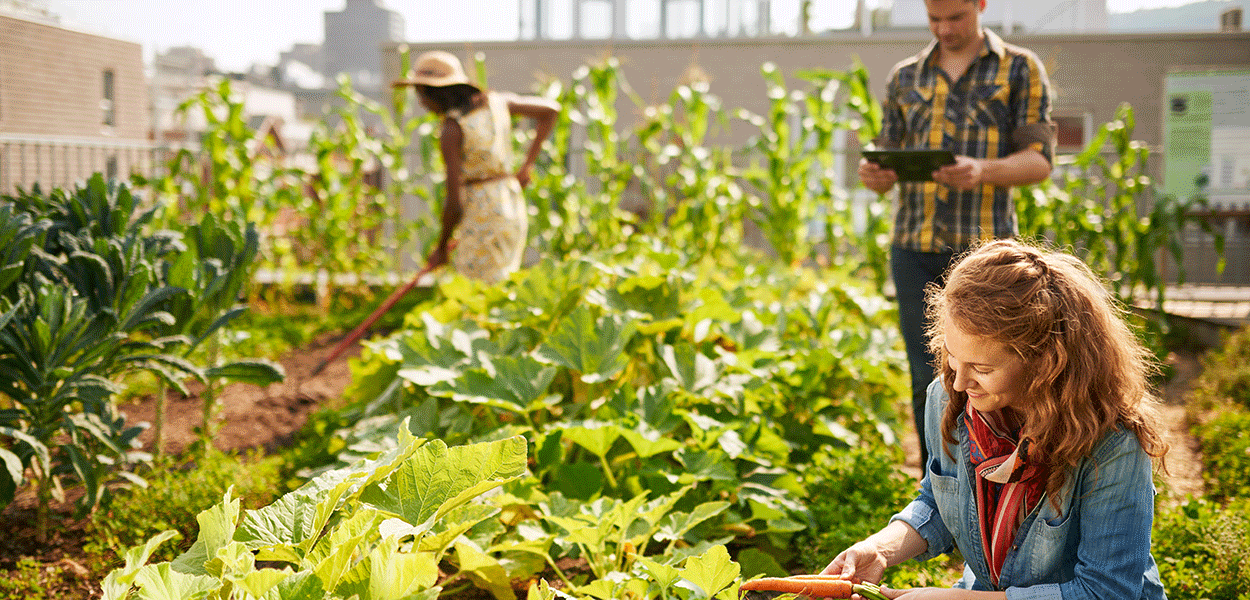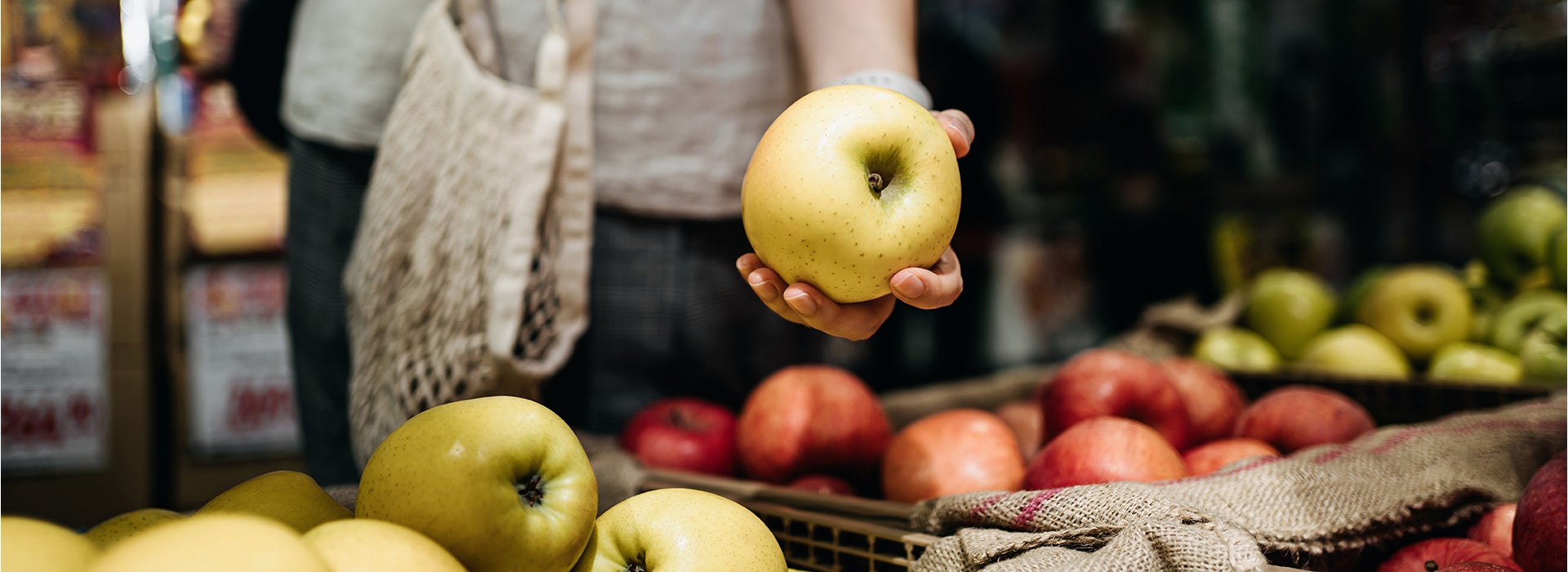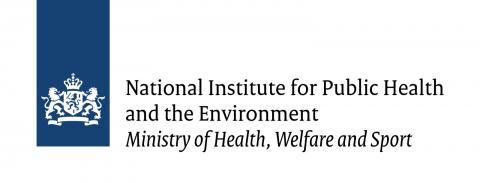This has emerged from research carried out by the Dutch National Institute for Public Health and the Environment (RIVM) and Vrije Universiteit Amsterdam, who had over 500 participants do their simulated weekly shopping in a virtual supermarket. This is a computer program that gives the subject the impression that they are walking around an actual supermarket. These virtual customers were asked to shop for seven breakfasts, lunches and dinners, plus a week´s worth of snacks for an entire household.
The study only included subjects who were responsible for doing the weekly shop in real life. Some were presented with meat that was 30% more expensive, some with information on the environmental damage caused by meat production and what they could do about it, and some with a combination of the two. The rest belonged to the control group.
36% reduction
Participants presented with both higher meat prices and the environmental information bought 386 grams less meat per household per week, a reduction of 36%. The other groups bought a little less or it made next to no difference to their shopping. Those presented with higher prices but no environmental information bought 144 grams less, while only giving shoppers information about the environmental damage caused by meat production and what they could do about it had no effect at all. RIVM and VU Amsterdam have therefore concluded that raising the price of meat in combination with environmental information brings about the biggest drop in meat sales.
The study was published in the scientific journal BMC Public Health. The researchers involved from VU Amsterdam's Department of Health Sciences were Michelle Eykelenboom, Ingrid Steenhuis and Margreet Olthof




